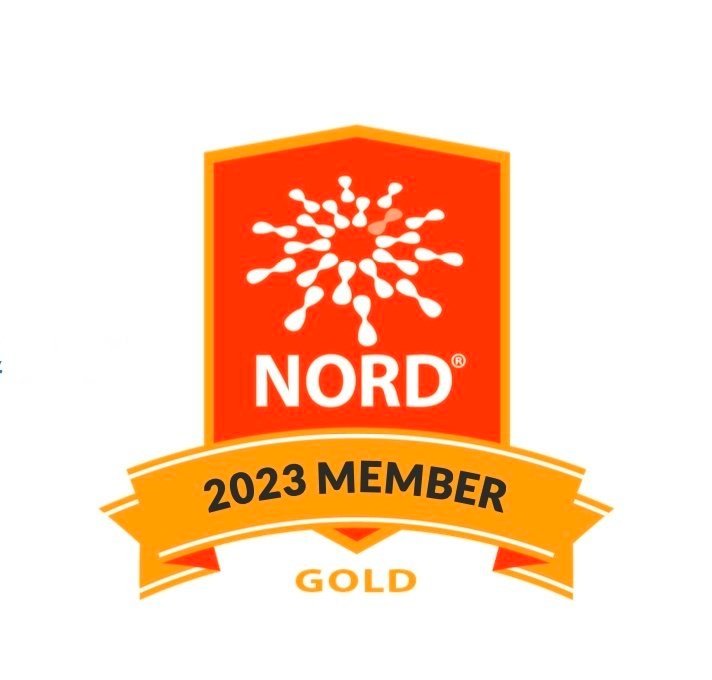Evaluating patient educational material
Dr Andrew Dwyer is a leading KS clinical researcher based at CHUV, in Lausanne Switzerland. He is very interested in promoting the need for patients of KS / CHH to have access to more information on their condition. This can help patients have better discussions with their health care providers and take a more active role in managing the condition.
A group of KS specialists across Europe, under the guidance of Dr Dwyer have produced a series of patient information sheets that give the basic information about Kallmann syndrome and CHH. Patient advocates were also involved in the design process to help ensure the information sheets provided the information that patients were likely to need.
They serve as a good introduction to the condition.
Here is a link to a short patient survey which will help Dr Dwyer devise more web based on line support in the future.




